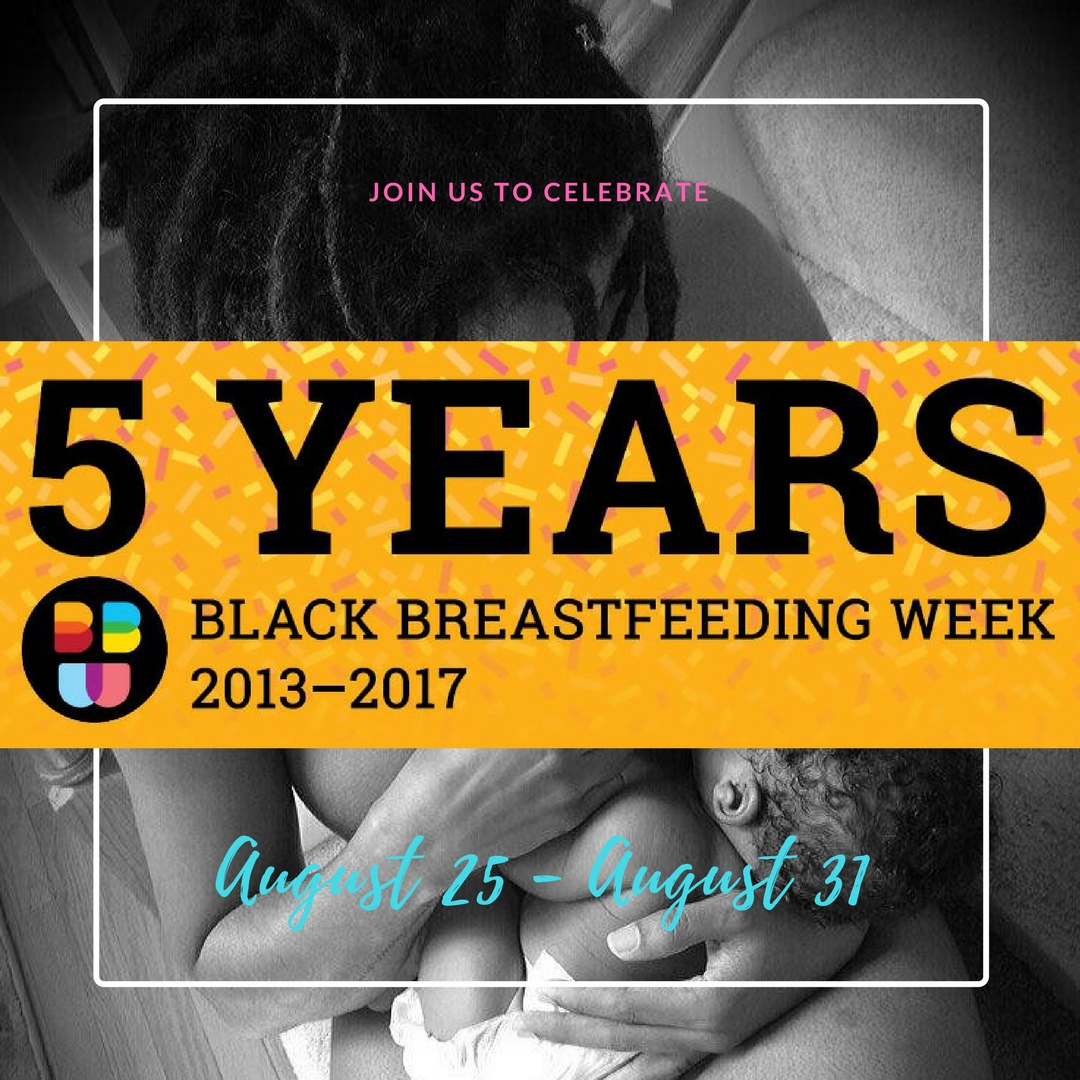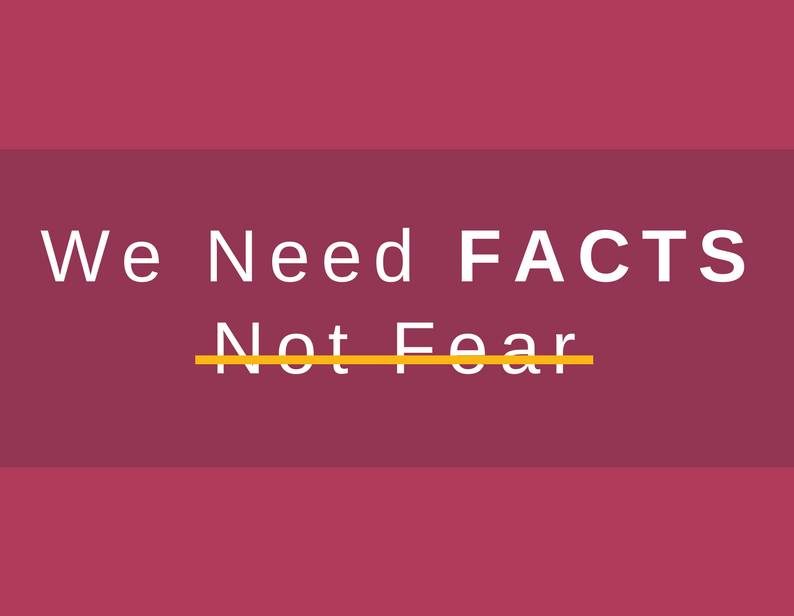Guest Post: Looking to Eradicate Racial Disparities in Breastfeeding? Time to Bet on Black
In recent years, many innovative interventions have been implemented seeking to reduce the four-decades long racial disparity in breastfeeding rates. In 2011, the Surgeon General made a critical Call to Action, the National Institutes of Health and others have supported research on the topic, and many philanthropic organizations have offered generous funding to help alleviate the problem. These efforts have been key contributions to making small, incremental increases in improving African American breastfeeding rates in initiation and duration. I applaud that. But when it comes to the 6-month and 12-month exclusivity milestones, with the latter being the gold standard for infant nutrition, the gap between black and white rates still lingers at an unacceptable rate of 50%.
It’s time to Bet on Black—which is the theme for this year’s National Black Breastfeeding Week, August 25-31, celebrating its 5th anniversary this year. As researchers and other so-called experts seek to grapple with this tenacious issue—it’s time to turn to the black community for answers. Yes, the efforts of scientific research and evidence-based practices are very important, but we can’t discount the fact that these methods have only moved the needle but so far. Furthermore, for far too long, the black community has been defined by deficiencies—words such as disadvantaged are often used to describe low-income communities. But these words completely ignore the resilience, strength and experiential knowledge of communities of color. This language prevents us from turning to those most impacted as a partner in problem solving. This reeks of paternalistic models where one group seeks to “save” another, without ever acknowledging that perhaps that group has solutions to save itself but just needs to be supported to do so.
As one of the co-founders of Black Breastfeeding Week, I have also had first handf experience with betting on the black community. For the past three years, I have been a witness to community power as director of The First Food Friendly Community Initiative (3FCI), a pilot project in Detroit and Philadelphia, funded by the W. K. Kellogg Foundation. While the work was complex, the mantra was simple, “Whatever the question, the answer is in the community.”
In our project, the community is the “expert” and the only source of so-called evidence-based research we seek to use. We believe that the local residents have the experiential knowledge, the historical context and lived experience to be the best change agents for creating breastfeeding supportive communities and we are there to simply leverage that innate potential. To be clear, we do not ask the residents to execute an idea created by a researcher, public health official or other so-called authority. During the three-day training of our proprietary curriculum, residents choose and design the interventions they think will work best and then execute it as part of a paid internship opportunity that also provides job skills training.
This unique model, combining community breastfeeding support with individual job skills training, allows us to also address one of the most stubborn barriers to breastfeeding continuation in marginalized communities —social stressors. Our unique community assessment in Detroit, revealed that mothers were stressed out about jobs and how they would provide for their families. Here’s something we have definitely learned from lactation science: chronically stressed out mothers cannot successfully breastfeed.
Empowered by our trust in their ability to lead the community change, our 3FCI interns in Detroit chose to target local businesses to make commitments, display ‘Breastfeeding is Welcome Here’ signage or sign a letter of support. Of the 57 establishments targeted for their work, including restaurants, churches and child care centers, 25 agreed to sign a letter of support for breastfeeding, 20 agreed to display the 3FCI decal (including one funeral home!) within their business, 5 agreed to designate space within their facilities to allow mothers to breastfeed, and 3 agreed to also display their 3FCI certificate. That’s a powerful community presence for all—while making breastfeeding more visible where moms eat, work, play and worship. Remember, these requests to businesses came from local residents who were consumers and customers of the establishments they visited. The request to support breastfeeding came from their neighbors not strangers.
Yes, we can Bet on Black—we can turn to black communities and those from the black community for solutions for closing the breastfeeding gap. We can trust black communities and their residents to save themselves—our role is to figure out how we can offer the resources they need and get out of the way! We can change our language of lacks to a language of strength and capacity. We can all bet on black. As my co-founder, Kiddada Green, of Black Mother’s Breastfeeding Association says, “When we bet on black, we are all winning.”
Black Breastfeeding Week is a week-long, national celebration to increase awareness of breastfeeding as a key element of improving infant and maternal health outcomes in the black community. The week will feature over 60 community events and daily social media events. Get all the updates on the BBW Facebook page and on BlackBreastfeedingWeek.org.
Kimberly Seals Allers is an award-winning journalist and nationally recognized advocate for infant and maternal health. A former writer at Fortune and senior editor at Essence, she is the author of The Big Letdown—How Medicine, Big Business and Feminism Undermine Breastfeeding(St. Martin’s Press). A former Food & Community Fellow with the Institute for Agriculture and Trade Policy, Kimberly is a divorced mother of two who lives in New York. Learn more at www.KimberlySealsAllers.com and follow her on Twitter at @iamKSealsAllers.


